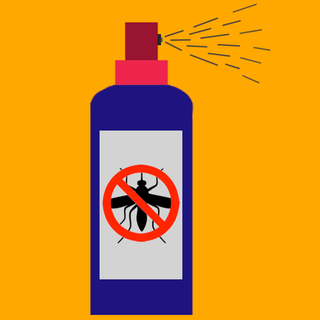A new study has added to the evidence that common ingredients in shampoo, make-up, and cosmetic and personal care products can up women’s risk of fertility problems, or even breast cancer.
Parabens (used to extend products’ shelf-life) and benzophenones (used to protect skin from UV rays) have long been known as ‘endocrine disruptors’ — that is, man-made chemicals that affect the body’s natural hormone levels. This newest study adds to the growing body of research into the precise effects of these chemicals on humans. Researchers found that even low exposure to various, common mixtures of these chemicals can either increase or decrease various reproductive hormones in women — but either way, the implications aren’t good.
“What we should take away from this study is that we may need to be careful about the chemicals in the beauty and personal care products we use,” explains lead author and assistant professor of Global and Community Health at George Mason University, Dr Anna Pollack. “We have early indicators that chemicals such as parabens may increase estrogen levels. If this finding is confirmed by additional research, it could have implications for estrogen dependent diseases such as breast cancer.”
For the study, a total of 509 urine samples were collected from 143 women aged 18 to 44 years who reported no chronic health conditions and were not using birth control, to be tested for parabens, benzophenones, and other common cosmetic ingredients known to affect hormone levels. The study built on earlier research by tracking women’s chemical exposure and hormone levels throughout the menstrual cycle, rather than at one or two points only.
Though paraben-free makeup and shampoo are looking pretty good right now, it’s important to remember that not all of them may actually be safe because though paraben ingredients have the name “paraben” in them, some of these chemicals are also listed as Alkyl parahydroxy benzoates making it difficult to identify and hence choose between the safer of the two. Additionally, in the absence of any study to prove that paraben-free products are actually preservative (paraben) free, it would be difficult to comment on their long-term health effects because we just don’t know enough about them yet.




